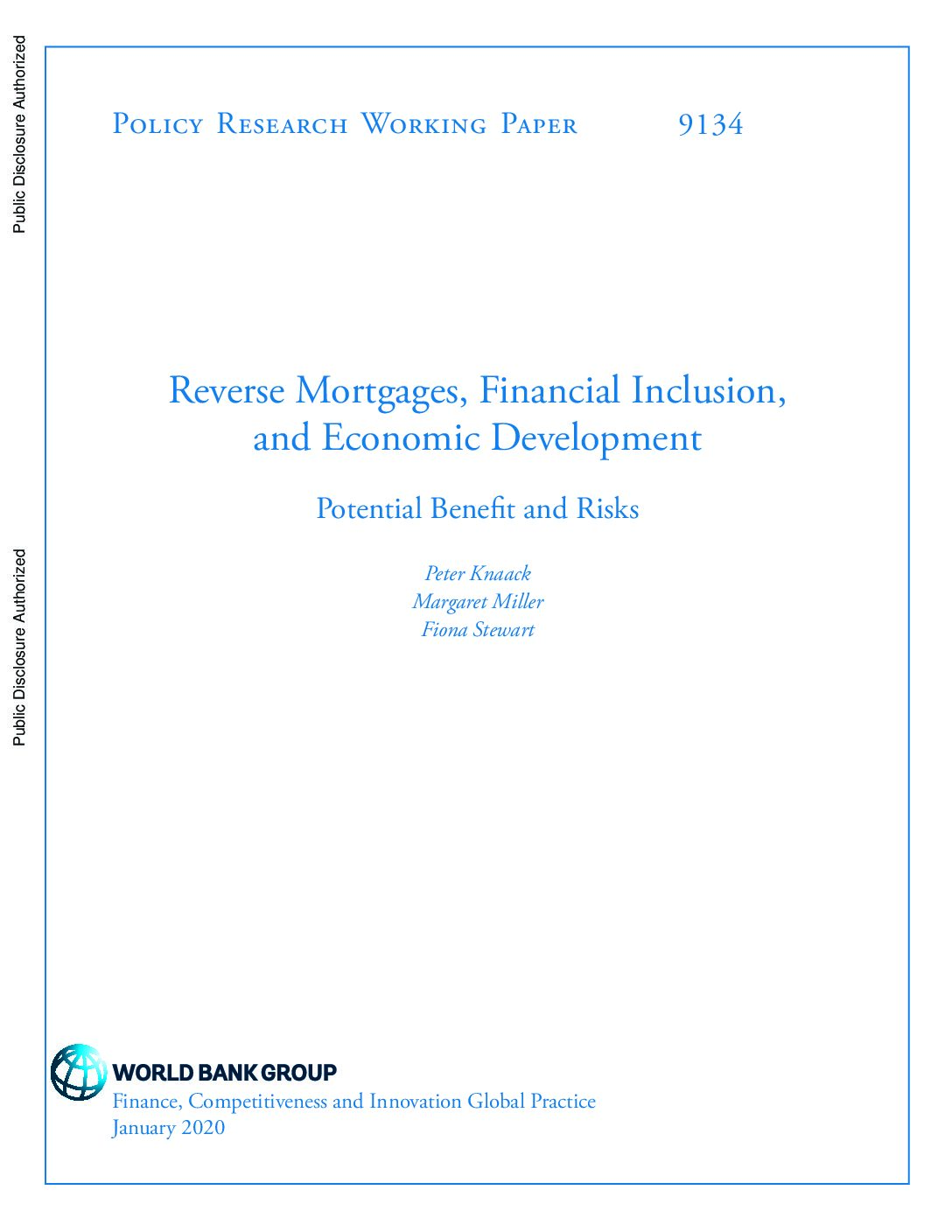2024 Defined Contribution Pension and Savings Report
By Stuart Arnold & Claire Murray This year’s survey reveals the immediate focus and priorities that employers, plan sponsors and pension trustees have for their defined contribution (DC) retirement plans. In this edition, in response to the growing concern surrounding retirement adequacy, we look at the views and actions of employers concerning the outcomes that employees can expect from their retirement provision. What are the main priorities for employers in retirement provision, what steps are sponsors taking, and what opportunities should...










